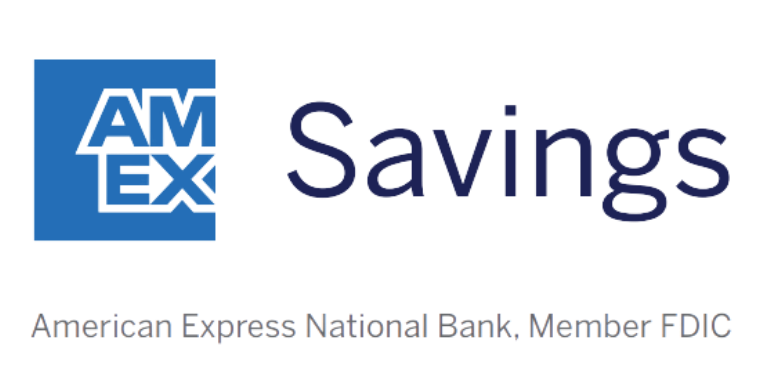Imagine a person sells a classic car or piece of property for $20,000. They deposit the money into their checking account while deciding what to do with it. They came by the money legitimately, yet their bank is legally required to report the deposit by filing a Currency Transaction Report (CTR).
Thanks to the Bank Secrecy Act of 1970 and the PATRIOT Act of 2001, banks are the first line of defense against financial crimes like money laundering. Failure to file a report can lead to fines and a possible prison sentence. Whether you deal with a brick-and-mortar or online bank, the rules are the same.
In the 1970s, the rule was intended to make it more difficult for criminals to launder money. After the 9/11 attacks, it began to focus more on the potential funding of terrorist activity.
What you should know
If you’ve ever deposited more than $10,000 into checking, you can be sure that a CTR was electronically transmitted to FinCEN, a bureau within the U.S. Department of Treasury. Unless you were involved in illegal activity, you likely had no idea a report had been sent.
Our Picks for the Best High-Yield Savings Accounts of 2024
|
Capital One 360 Performance Savings 
APY 4.25%
|
APY 4.25%
|
Min. to earn $0 |
|
CIT Platinum Savings 
APY 4.85% APY for balances of $5,000 or more
Min. to earn $100 to open account, $5,000 for max APY
|
APY 4.85% APY for balances of $5,000 or more
|
Min. to earn $100 to open account, $5,000 for max APY |
|
American Express® High Yield Savings 
APY 4.25%
|
APY 4.25%
|
Min. to earn $0 |
That’s because FinCEN knows there are thousands of reasons why someone might deposit more than $10,000 into their checking account, the vast majority of which are 100% innocent. FinCEN hopes to identify those few bad actors making deposits.
And it’s not just U.S. dollars. The law applies to deposits or withdrawals of any U.S. or foreign currency, including cashier or traveler’s checks, bank drafts, and money orders.
Trying to skirt the rule
The fastest way to raise a red flag with a bank is to try to skirt the $10,000 rule by making smaller deposits. Whether you break the funds up and deposit them over a series of days or deposit smaller amounts into several different banks, it’s called “cash structuring” or “smurfing,” and banks are keenly aware that it happens.
Between bank employees specially trained to spot smurfing and transaction monitoring software designed to catch the practices, those determined to skirt the law are bound to be disappointed. And the penalties can be harsh for those involved. Once convicted of this federal felony crime, a person faces substantial fines and up to five years in prison. The government may also charge the perpetrator for tax evasion in addition to cash structuring.
Smurfing
The term “smurfing” refers to a type of cash structuring, but with a twist. Smurfing occurs when a group of individuals are recruited to accept cash and deposit it in different banks. It works like this:
- Let’s say Sam needs to launder or hide money but wants to avoid detection.
- Sam finds five people needing cash and offers to pay them to make deposits. These are the “Smurfs.”
- The Smurfs are instructed to open a handful of bank accounts. They may use their own names to open a few, and Sam may provide them with false identities to open the others.
- Each time Sam gives a Smurf cash, they must break it down into smaller amounts and spread their deposits among all the bank accounts they’ve opened.
- In return, Sam gives them a payment for each job completed.
Once caught, Sam is in legal peril, but so are the Smurfs. It doesn’t matter if they didn’t know what they were doing was illegal. As long as they participate, they’re on the hook for the crime.
The takeaway
There are two essential things to keep in mind regarding CTRs:
- As long as you have nothing to hide, you have nothing to worry about. Even if a report is sent, it will soon be cleared, and you’ll never know it happened.
- If anyone ever asks you to make deposits on their behalf, say no. No matter how much they offer to pay you, it won’t be worth the potential penalties.
Finally, as intrusive as some people may find this law, its design is to protect us all. It’s all about ensuring that our banking system is not used to harm society as a whole.
